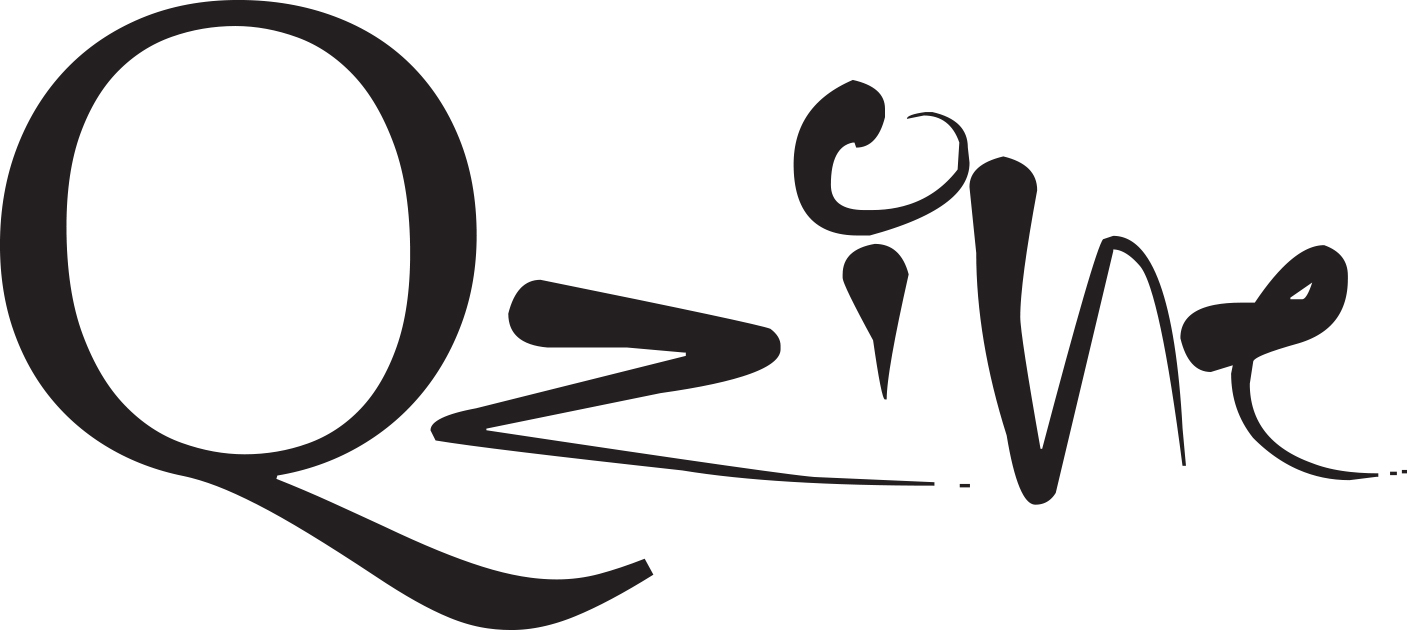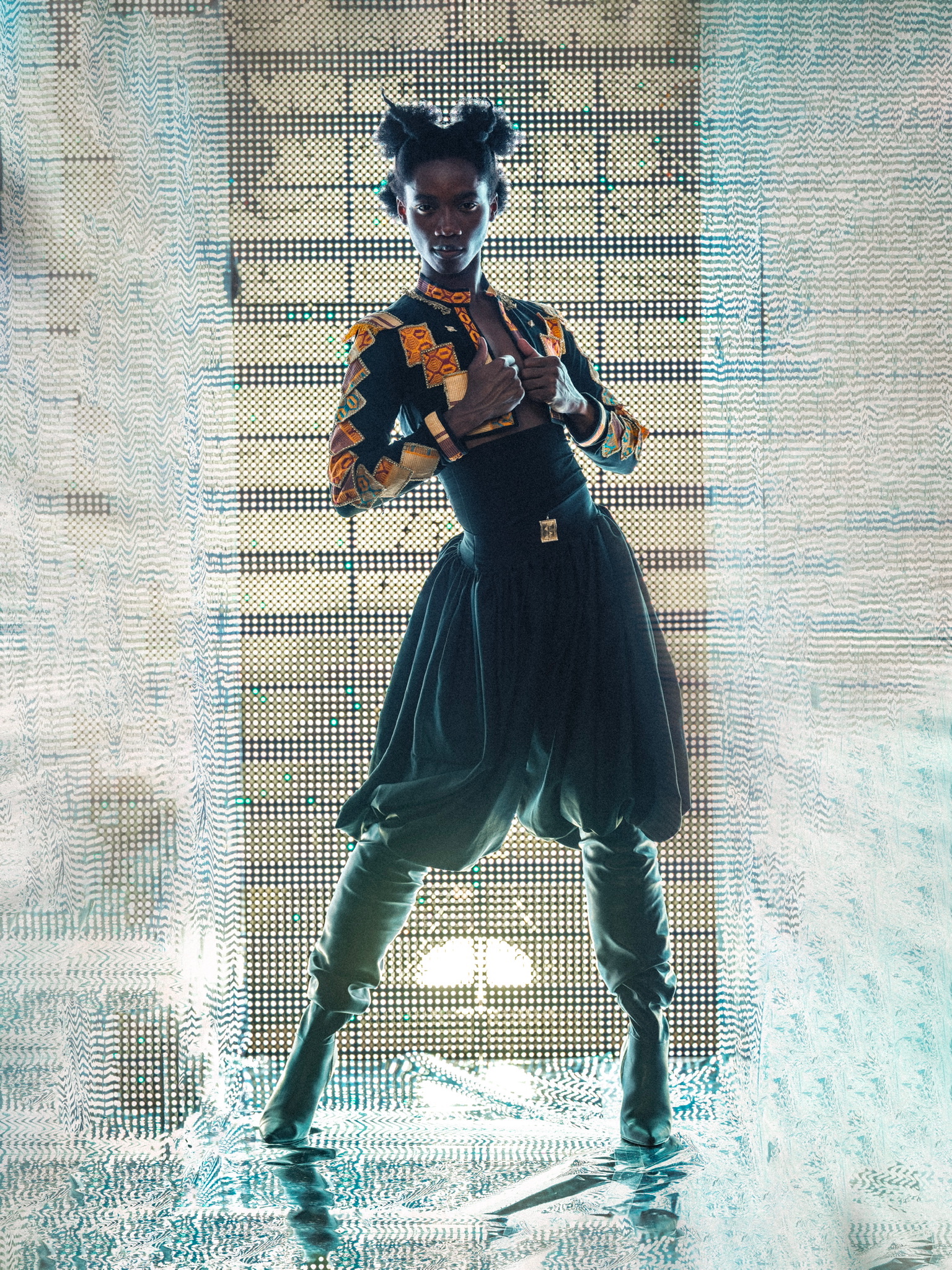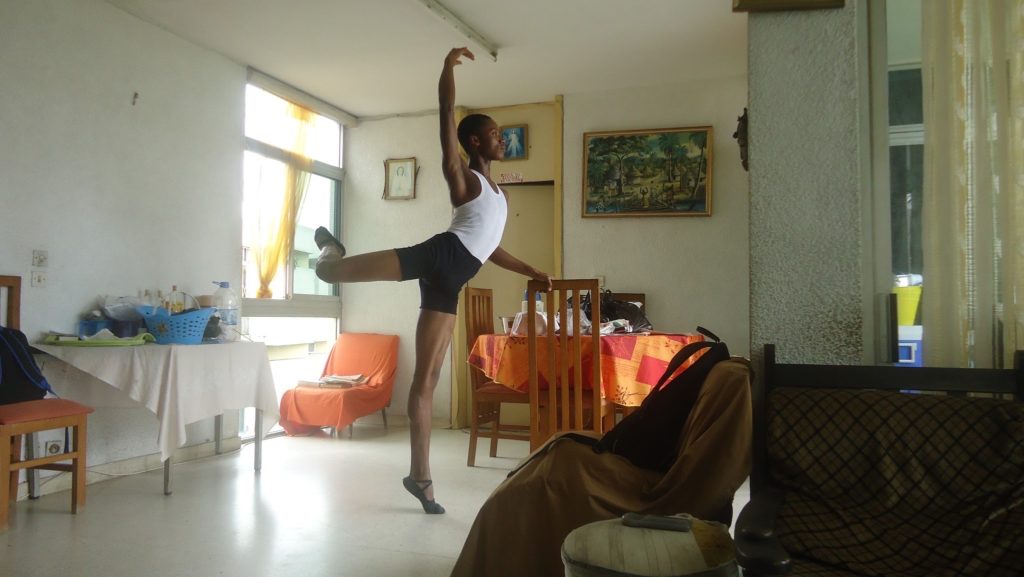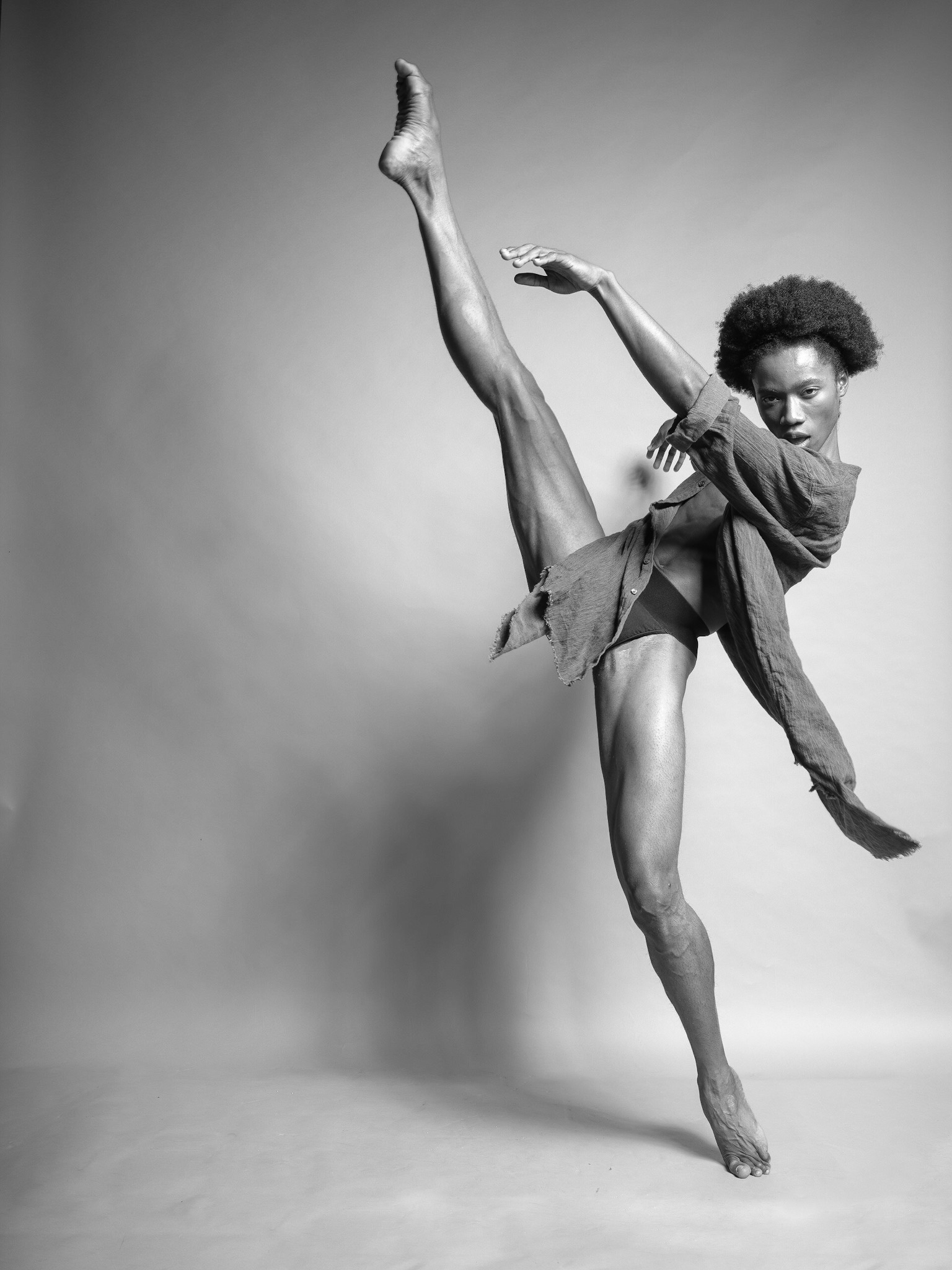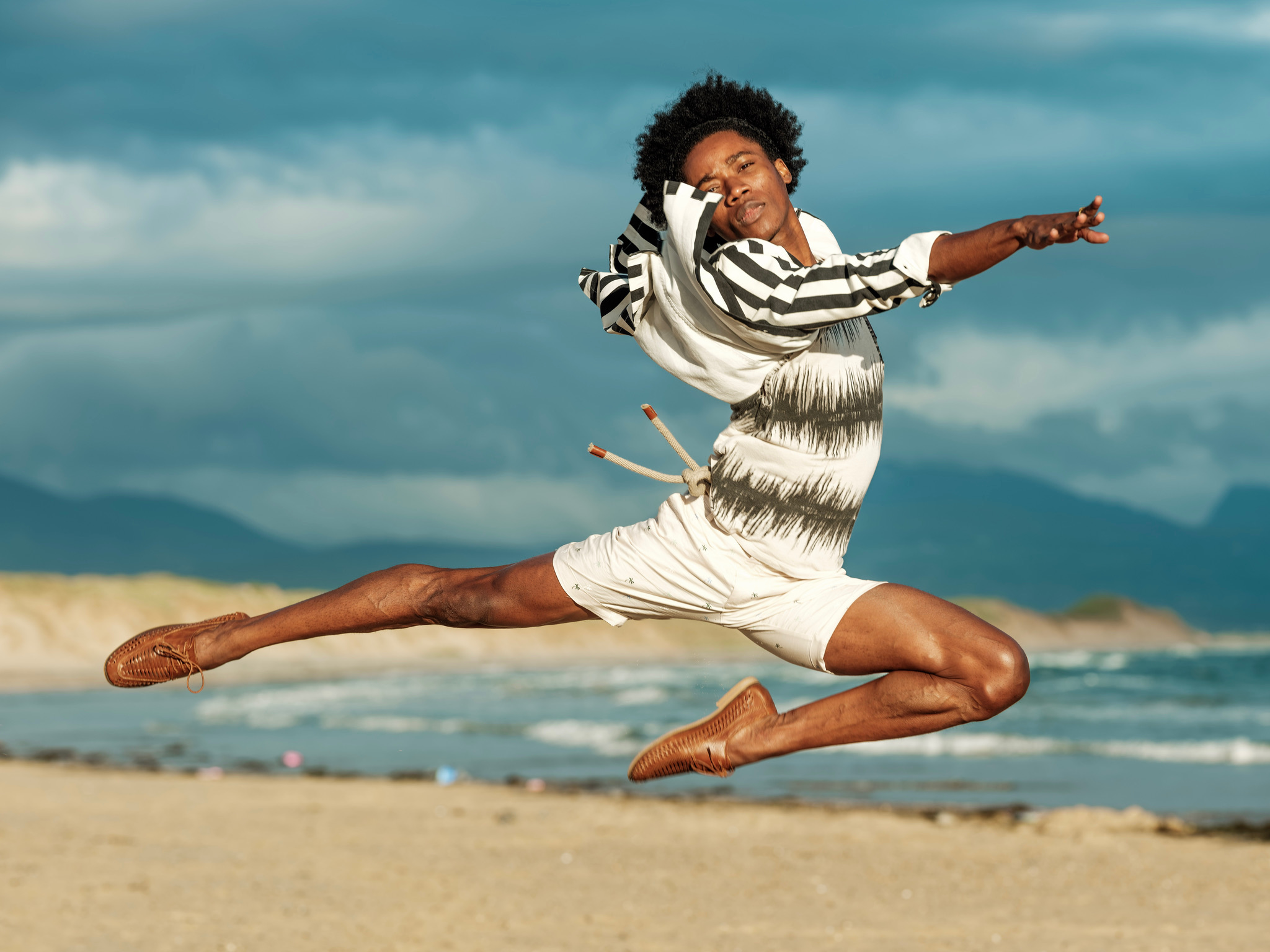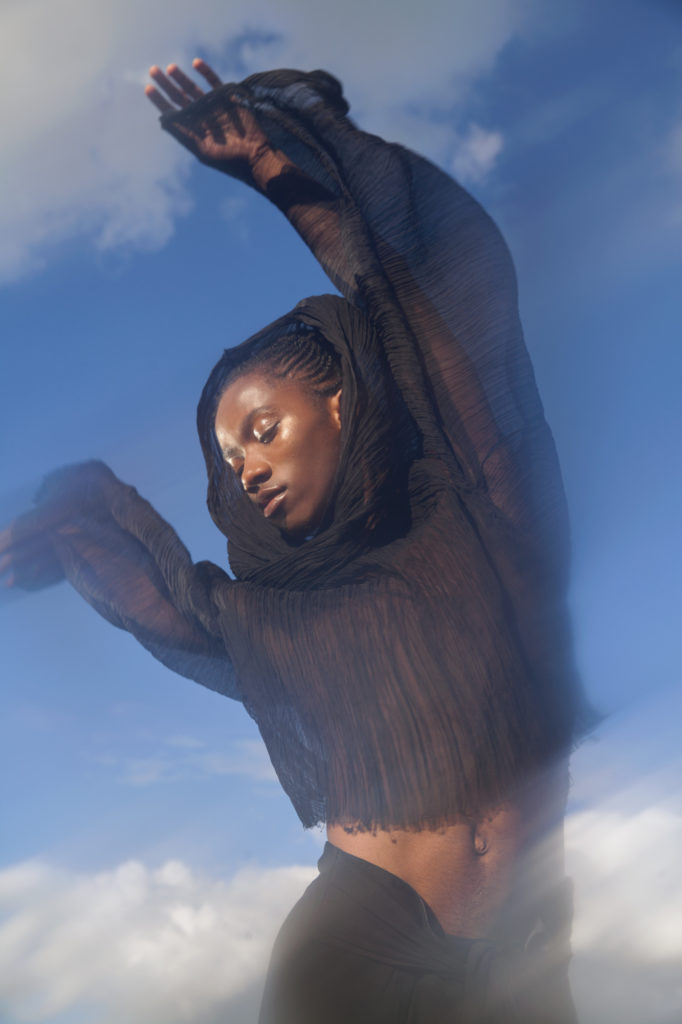The Nameless Collective: Fostering queer artistic and cultural expression in Burkina Faso
Interview by Emma Onekekou. Photos by Wacyl Kha
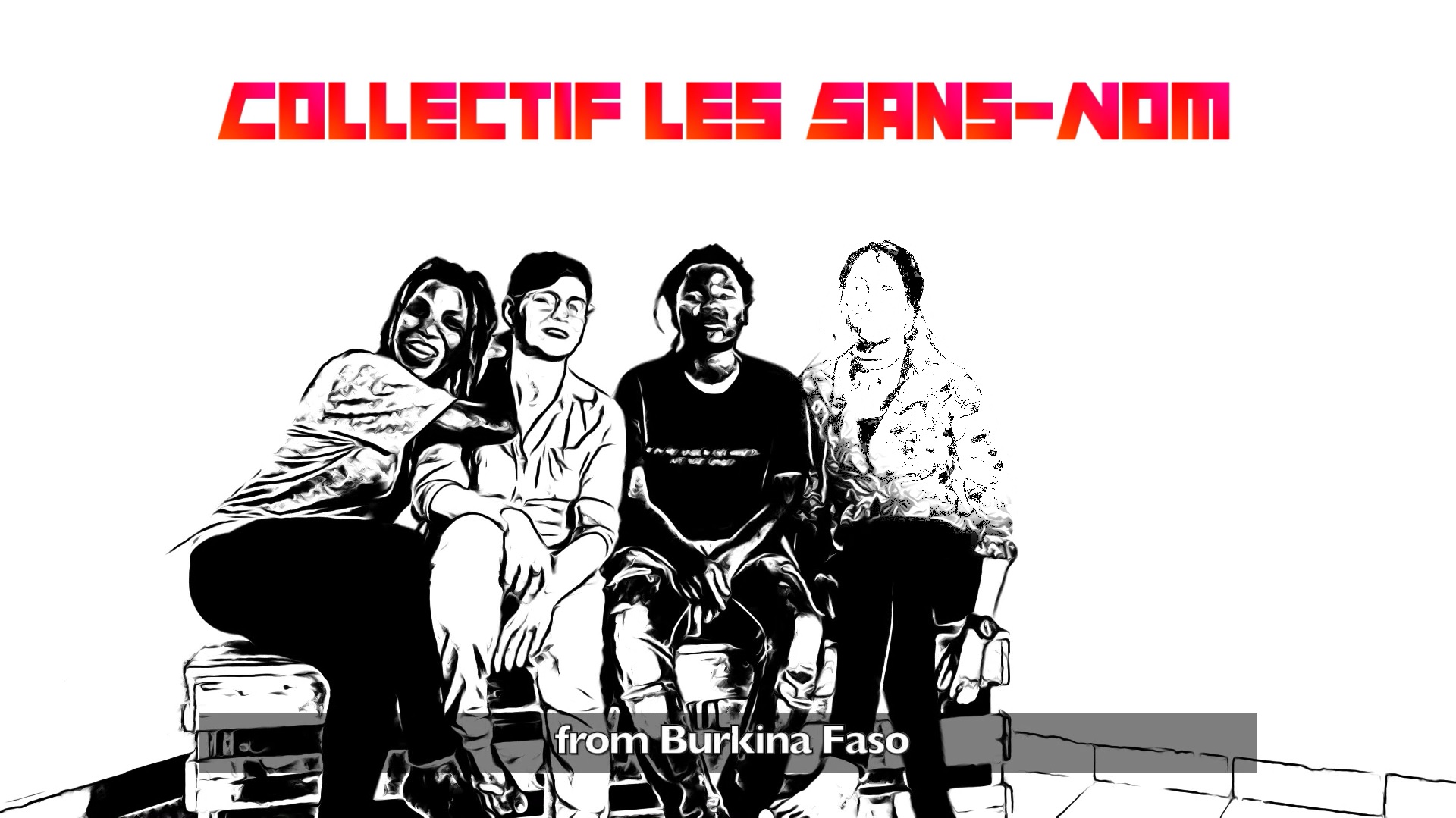
If you were asked to name African LGBTQIA+ visual productions, you would surely be able to come up with a few. But what about productions from Francophone Africa specifically? This would quickly prove to be much more difficult. Not impossible, but difficult nonetheless. Q-zine had the privilege of speaking with Les Sans-Nom (The Nameless), a young collective based in Burkina Faso that contributes to building a “tomorrow” where African LGBTQIA+ visual and artistic productions, particularly from Francophone Africa, are no longer so scarce.
Could you introduce yourself to our readers?
My name is Emma Onekekou. I have two countries: the one that connects me to my umbilical cord, Côte d’Ivoire, and my country of heart, Burkina Faso. I currently reside in Burkina Faso where I followed love and coincidentally fell in love with the country. I identify as a cisgender lesbian woman. I must admit that lately, I have a lot of trouble putting the term cisgender in front of woman to talk about myself because for me, we are women, period! I also like to specify that I’m a lesbian because for me it’s political. My pronouns are she/her. I am an author, screenwriter and LBTQI+ activist. I joined the collective because I wanted to put my artistic knowledge to use for the benefit of the community, and because for me, art is a powerful tool for expression and community building.
I am Francky Belany, a Nigerian-Burkinabè of Chadian origin. I currently live in Ouagadougou (Burkina Faso). My pronouns are “they/them” but I am neither male nor female, and I’m both at the same time. These pronouns are authentic for me because they are neutral and not masculine. I am still in search of myself. I wanted to use my knowledge to advocate for LGBTQI+ rights. By playing a character, directing, singing, dancing, and writing, I want to leave a mark that will positively impact the world’s view of our community.
I am Wacyl Kha, a French-Algerian living in Burkina Faso. Ideally, I use the pronouns “they/them”, but more often the masculine for simplicity. I am a stage designer, and also an illustrator. In terms of video, I am involved in production, camera, editing, as well as animation. This collective is somewhat of a dream for me, to be able to reconcile art and activism, to make creations that can really have an impact, and above all, that it is about the community! And I am part of those who are here to remind the world that there aren’t just gays and lesbians. There are other letters in LGBTQI+.
How did you start Les Sans-Nom?
The idea came with Francky and Wacyl Kha who lived together and had many projects together, including a writing residency on feminism and a play called Poisson Braisé about a lesbian couple. These are subjects that are often difficult to address here in Ouagadougou. So, they thought about how setting up a collective, no matter how small, would make them stronger. The idea was that this collective would be a way of making our demands heard in terms of LGBTQI+ and other minorities’ rights on the continent. After several back-and-forths, we shared the idea with Emma who immediately accepted to join. There is a fourth member, but she would like to remain anonymous.
Les Sans-Nom is French for “The Nameless”. How did you come up with this rather unique name?
We realized that very few people, even within the community, dared to say words like “lesbian” [or] “homosexual”. But these words are not insults, they are identities. By refusing to pronounce them, to name ourselves, it’s ourselves that we are losing. We decided to twist this situation to our advantage by becoming spokespersons for the nameless, the-left-out, “those-who-don’t-count”. Because we are here, and we intend to claim our place.
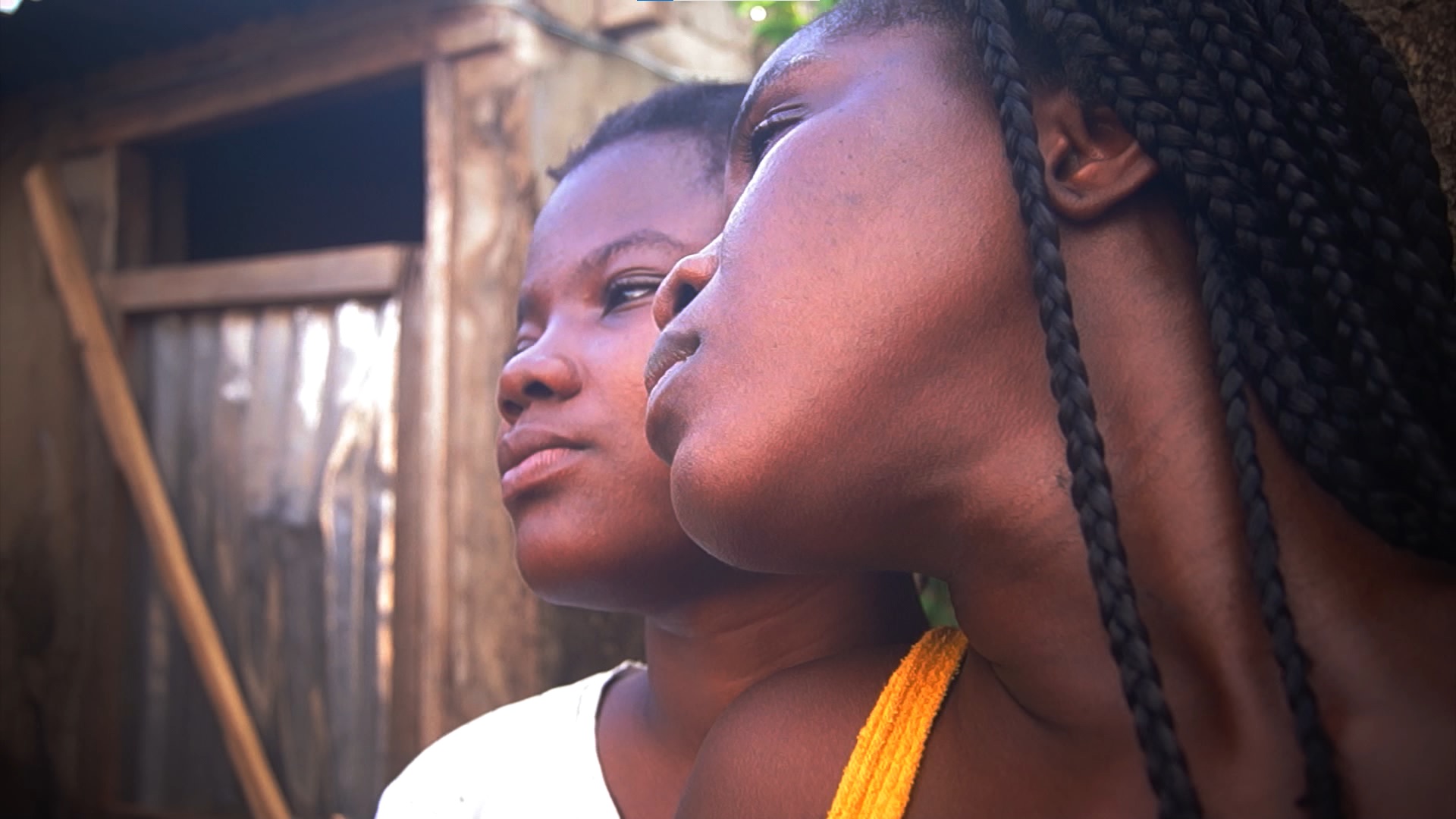
Who are the artists that make up your collective and how can other artists join?
At the moment, the collective is small. It is composed of a scriptwriter and LBTQI+ activist; another scriptwriter who is also an actor and stage director; as well as a video artist, illustrator, and technician. In general, we collaborate with people first to see if we have the same approach. The only mandatory condition to be a full member of the collective is to be part of the community.
But these words are not insults,
They are identities
How did you get the idea to use art as a tool for advocacy?
We are artists first and foremost. But we believe that art must serve a cause. So, it seemed natural for us to defend our own, to give visibility to our stories, and if possible, to make others realize that we exist here too, not only in Europe or America. We believe that art has two purposes: to soothe hearts and to raise awareness. Throughout the world and through ages, art has been used as a tool to communicate ideas and raise awareness. So it was natural for us to combine the two.
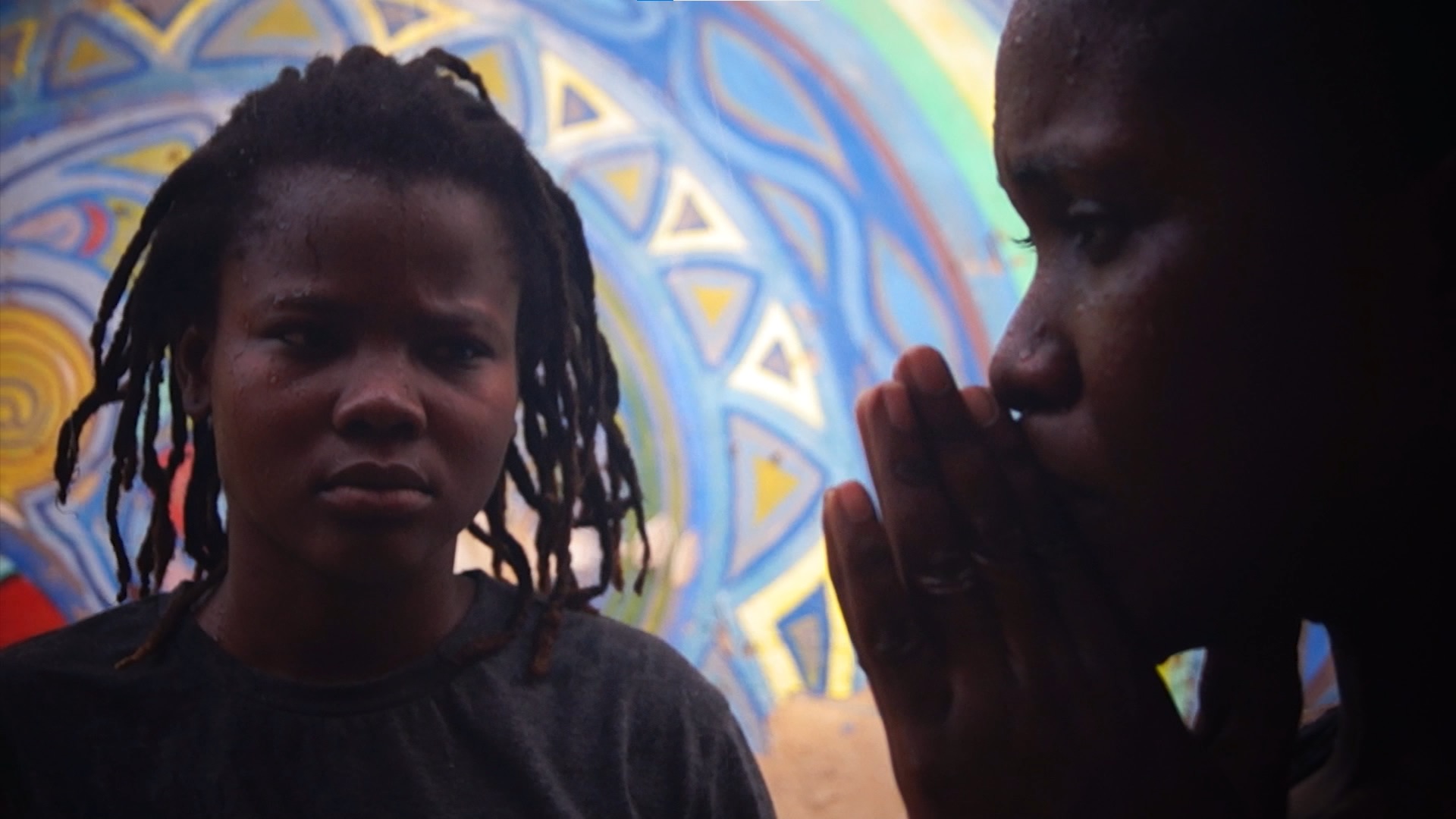
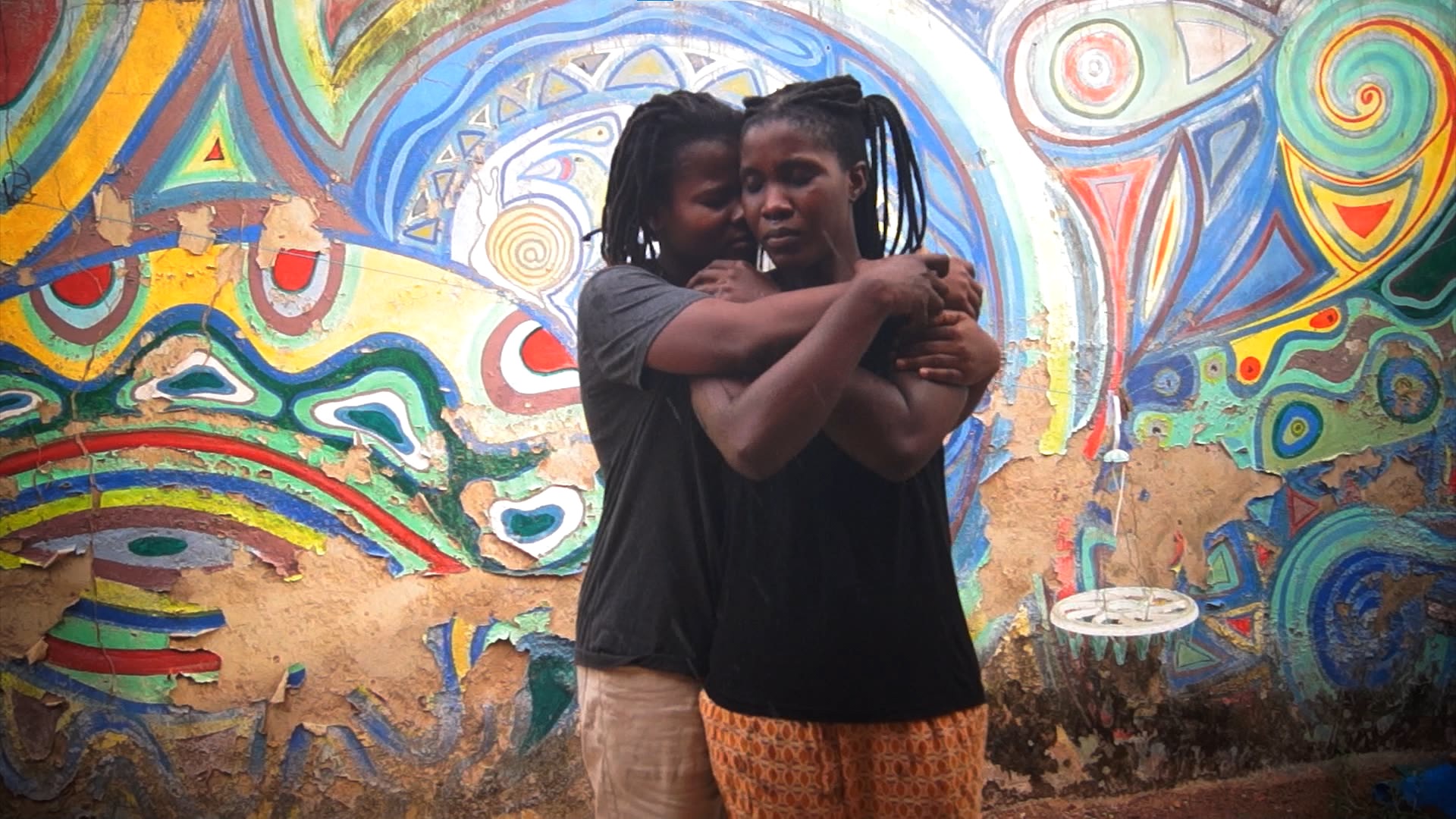
Can you tell us about some of your productions or current projects?
Our first production is Poisson Braisé, a powerful and poetic play about an African couple composed of two women who face social pressure [because of their relationship]. We also collaborated with other women on an exhibition titled Elles s’engagent debout (Standing Up for Themselves). Additionally, we conduct creative workshops with members of the community and organize screenings of African LGBTQI+ films. And each one of us has prior and/or parallel experience in short films production, comics, books, etc.
Currently, we are working on Inbri, a film written by Emma Onekekou and co-directed by the three of us. There is a lot more to come, but we won’t spoil the surprise. Stay tuned!
How do you envision the future of the collective?
For us, the future is about continuing to use our know-how in service to the community, about working to develop the artistic skills of community members. Our community is full of so much talent! So our job will be to create a framework of expression for all these artists so that they can emerge. We will continue to look for funding to make as many productions as possible and why not, [even] open a LGBTQI+ cultural center. People need to get together for cultural events, to express themselves, even though society wants to silence us. We hope to help create a new environment for community members to be themselves. We already see the influence we are having on other associations here in Ouaga. Lastly, we hope to instill a new vision for activism and how to address our community.
